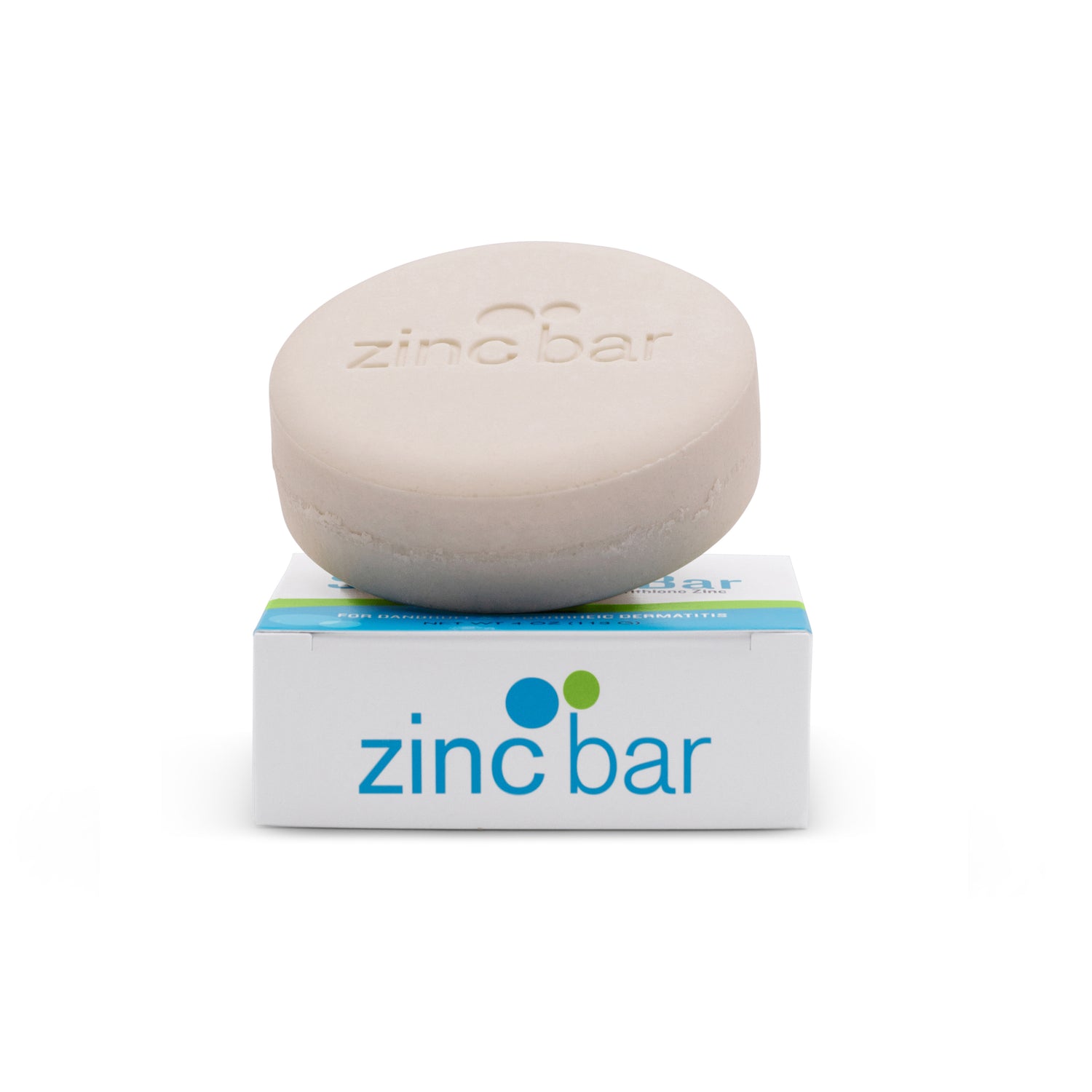Alfalfa Grass Juice
Alfalfa is a flowering plant in the legume family (Leguminosae, or Fabaceae), predominantly cultivated as a forage crop for cattle or a rotation crop for enriching the soil. Alfalfa is, however, most often consumed by humans as very young, tender shoots—the quintessential "sprouts" first popularized during the early days of the health food revolution here in America 40 years ago, and commonly served up ever since in salads, sandwiches, and soups. Though there are those who remain dispassionate, most people seem to either love or loathe the idea of including these tiny alfalfa sprouts in their diets.
It's interesting that the word alfalfa originates in the Middle East, meaning "father of all foods" in Arabic, as this plant is able to grow on extremely nutrient-poor soils and, by virtue of its nitrogen-fixing root nodules, to enrich the soil around it. The alfalfa plant has exceptionally long roots, which have been known to grow as long as 120 feet. Along with its nitrogen-fixing nodules, the lengthy roots allow the plant to be an efficient concentrator of trace elements.
But the alfalfa plant need not reach maturity to become nutritious; the sprout itself and its juice are also nutrient-rich. Combined with carrot and lettuce juice, alfalfa juice is a delicious way to replete one's vitamin and mineral stores and to alkalize the blood. Rich in vitamins A, B1, B2, B6, B12, C, D, E, and K, alfalfa grass juice is also high in magnesium, zinc, calcium, silicon, phosphorus, iron and potassium. The powdered form of alfalfa grass juice also delivers these highly alkalizing nutrients.
Health benefits of alfalfa
- May lower cholesterol
- Aids in digestion
- Has natural anti-inflammatory properties
- Neutralizes acids
- May lower blood sugar

